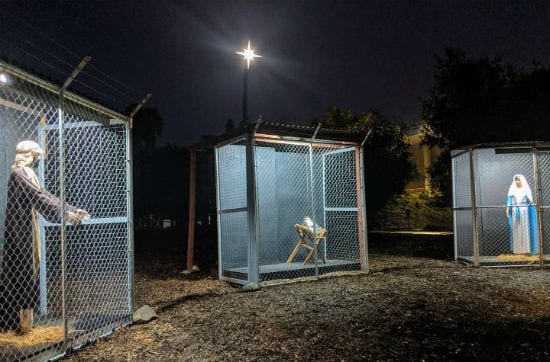Back before the war began I had a little bit of a problem with homonyms — questioning in one post whether or not Iraq posed an "immanent" threat to America's national security.
Brendan Lynch pointed out that I had confused "immanent" with "imminent" — rightly guessing that my theology studies contributed to the mix-up. (The kingdom of God, you see, is both immanent andimminent. Or is it imminent and immanent?)
To clarify (from Webster's New World):
im ma nent adj. 1 living, remaining, or operating within; inherent 2 Theol. present throughout the universe: said of God
im mi nent adj. likely to happen without delay; impending; threatening: said of danger, evil, misfortune
The war in Iraq has been fought and won, but the peace and the ever-shifting case for the war both seem to be faltering. The whole question of Iraq as an imminent threat had to do with the claim that it possessed "weapons of mass destruction." That claim has been steadily marked down like an ugly suit at Sym's — from "weapons" to "a weapons program" to the "capability of a weapons program." (Next week: the glimmer of a fancy of an inclination towards a capability of a weapons program.)
Cursor pointed out another example of this incredible shrinking clear and present danger, pointing out that today, September 22, is precisely five months since columnist Charles Krauthammer said the following at an American Enterprise Institute forum:
Hans Blix had five months to find weapons. He found nothing. We've had five weeks. Come back to me in five months. If we haven't found any, we will have a credibility problem. I don't have any doubt that we will locate them.
"A credibility problem." Krauthammer said it, not me.
Anyway, I'm beginning to wonder if I had been misreading the case for war laid out in the early months of this year. I thought the Bush administration had been arguing that Saddam's 45-minute-ready arsenal of weapons of mass destruction made Iraq an "imminent" threat. Now I'm thinking that this war was chosen because our leaders perceived the threat as immanent. The threat is living, remaining, inherent. It pervades the universe. The threat is omnipresent and eternal.












